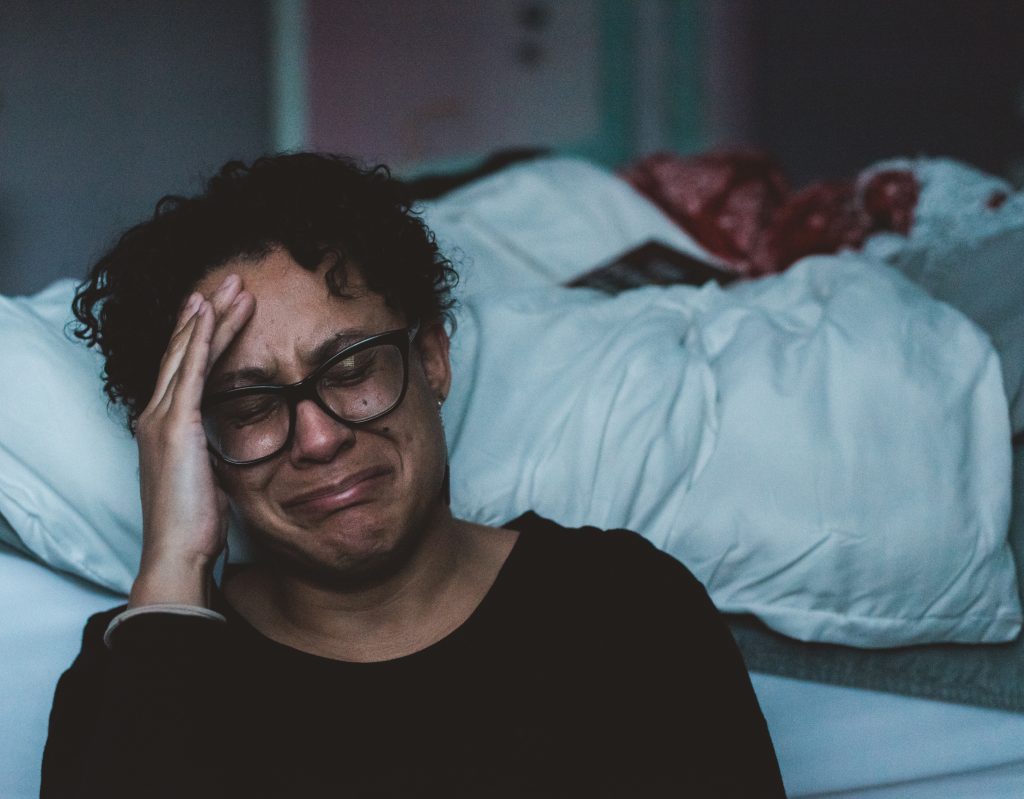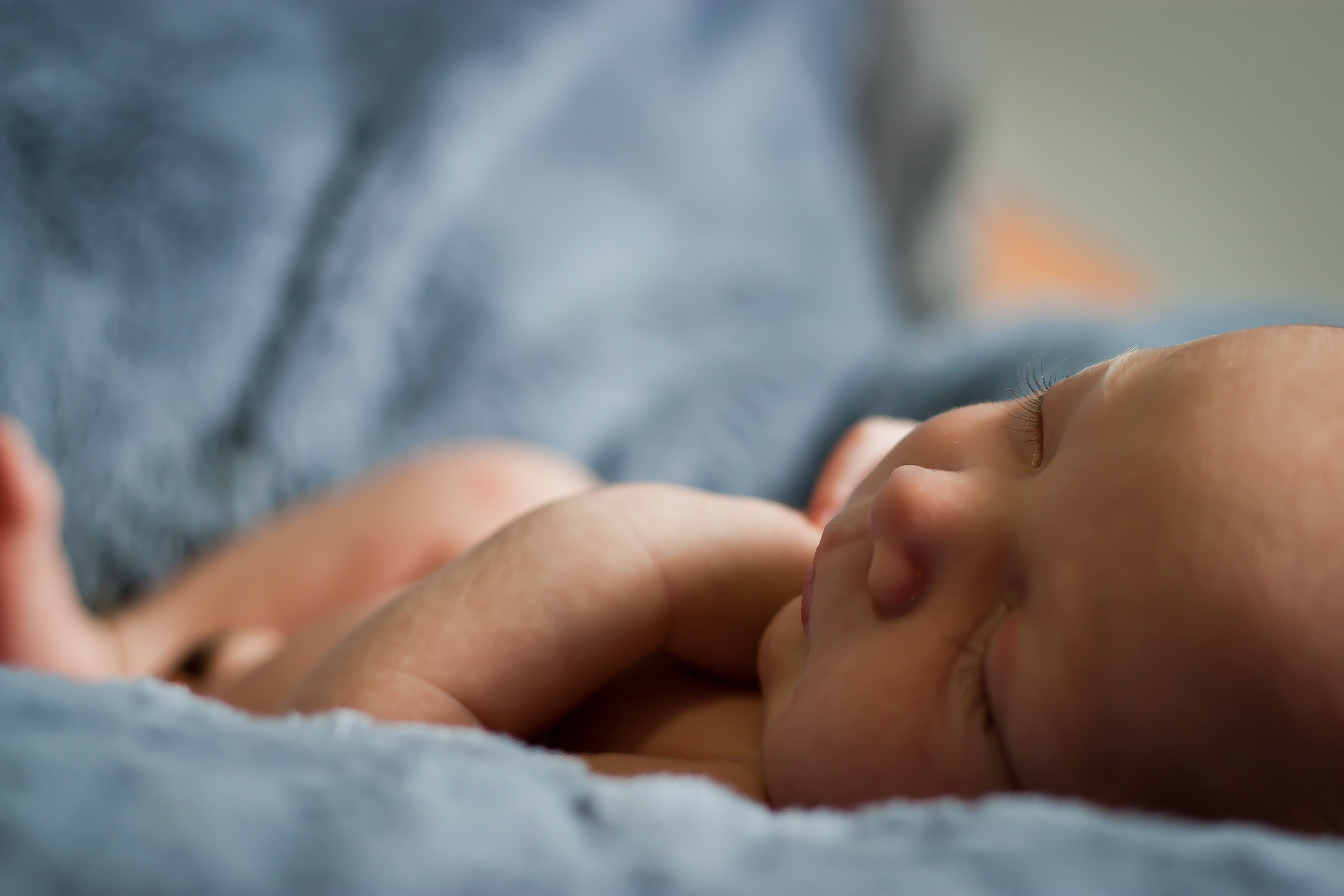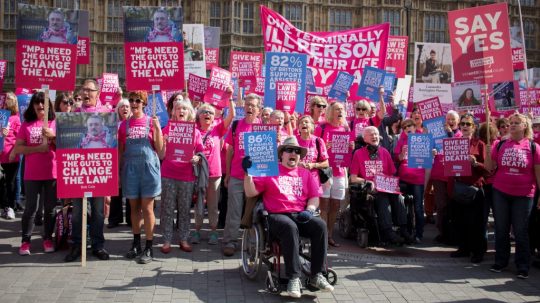A mothers’ rights charity is launching a legal bid against the government’s “discriminatory” policy of charging destitute migrants thousands of pounds for NHS maternity care.
Maternity Action is calling for deprived families – who are awaiting decisions on their immigration status – to be exempt from NHS maternity care charges, as well as pregnant women, women with newborn babies, and victims of female genital mutilation (FGM) and abuse.
It has launched an online fundraising page to cover the costs of its legal bid against the Department of Health (DoH), arguing that charging policies are discriminatory as they disproportionately affect women and children.
A DoH spokeswoman told EachOther that the NHS “will never refuse maternity care, regardless of whether someone can pay – and vulnerable people, including asylum seekers, are exempt.”
We are regularly encountering women who have suffered FGM and they are not able to access these exemptions.
Ros Bragg, Maternity Action
But Ros Bragg, the charity’s director, told EachOther that the government’s exemptions are “too limited”. She said: “Hostile environment policies mean that women in quite desperate circumstances are unable to work or access the benefit system and so are in no position to pay debts of more than £7,000 or more for essential health care.”
She spoke of how the charity has supported mothers who have been landed with care charges, despite being recognised by their local authority to be destitute and in need of support to uphold their children’s human rights.
She added: “We are regularly encountering women who have suffered FGM and they are not able to access these exemptions.”
The NHS is a residence-based system, which means that those who do not have some form of settled status in the UK will be charged for using its services.
‘The Home Office Is On My Back’

Image Credit: Claudia / Unsplash.
Maternity Action says it has supported hundreds of women and living on the breadline who have suffered anguish after being hit with NHS maternity care fees.
In one instance a West African woman, known only as Beatrice, was landed with a bill of around £6,000 the day after she gave birth to her son.
She had come to UK in 2012 as a student but was disowned by her family, who supported her financially, when she became pregnant. Her boyfriend later denied responsibility for the pregnancy and left her, by which point she had overstayed her visa and had no income.
“And so the guy’s calling me: ‘You have to pay, You have to do this.’ When you start working, they take £100 every month,” she said, describing how she felt harassed by debt recovery calls. “And I told him: ‘stop calling me!’
“There’s no way I’m going to get the money. It’s not just that I’m alone with a child. The Home Office is on my back.”
Maternity Action will argue that the Department of Health’s policy is in breach of the Equality Act 2010. This places an obligation – known as the public sector equality duty – on all public authorities to combat discrimination based on nine “protected characteristics,” including sex, age, race and disability.
What Does The Government Say?
A DoH spokeswoman said: “While we expect overseas visitors to contribute to the cost of their care just like British taxpayers do, the NHS will never refuse maternity care – regardless of whether someone can pay – and vulnerable people, including asylum seekers, are exempt.
“We recently invested £1 million to expand a team of NHS experts so hospitals understand and implement our charging rules and exemptions fairly and consistently, making clear that urgent or immediately necessary treatment – including all maternity services – must never be withheld.”







